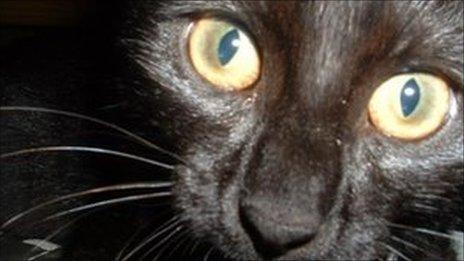Shunned 'unlucky' 13 sheltered houses get rebrand
- Published
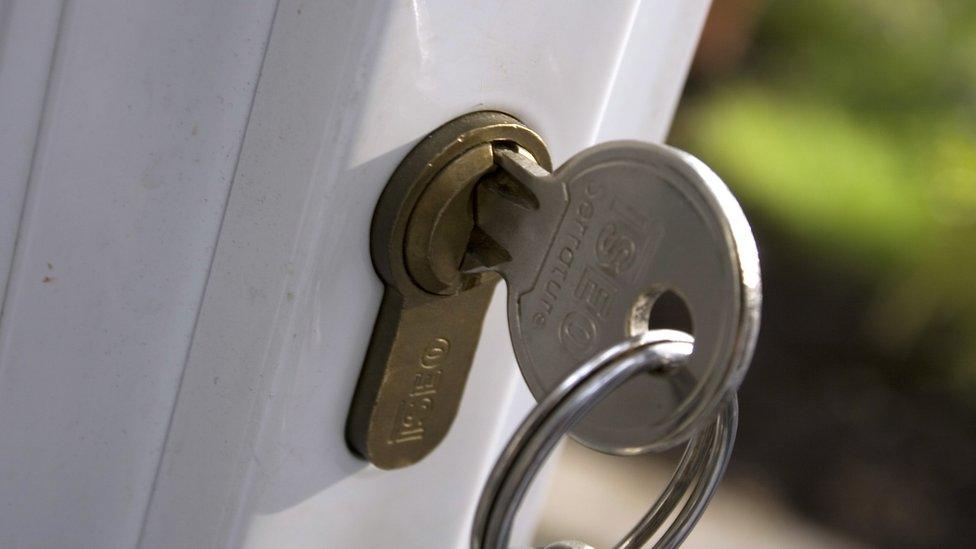
Sheltered housing properties bearing the number 13 are to be renumbered because they are proving harder to let.
Charnwood Borough Council in Leicestershire said number 13s stood empty for longer, with one unoccupied since December 2014.
The authority has 560 units across 14 developments which provide warden-controlled homes for the over 60s.
Councillor Paul Mercer said vacant properties would be renumbered 12A, as reported in the Loughborough Echo, external.
Mr Mercer said the issue was spotted during a meeting to discuss maximising the use of sheltered housing.
"We noticed that those with the number 13 were not actually being rented out and we concluded, I think correctly, that people didn't like the number 13," he said.
"If you look at some modern housing estates, they don't have a number 13, so obviously the market decides. Some people may like it, clearly the majority don't."

Numbers game
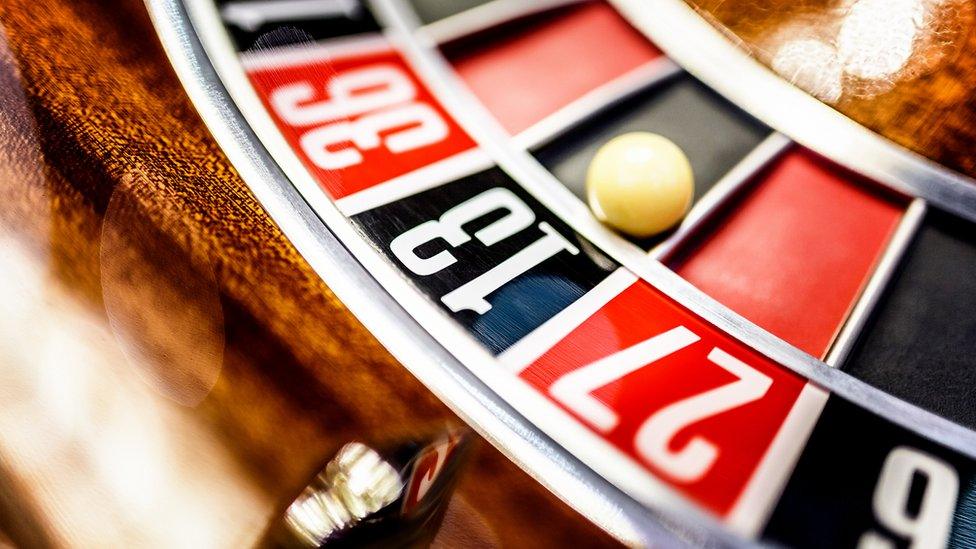
Thirteen is not the only unlucky number. In China 4 is shunned as its pronunciation is similar to the word for death. In Japan, number 9 is frowned on due to it sounding like 'torture'
Some Italians are superstitious about 17 (as fans of Leeds United will be aware, external) as its Roman numerals XVII resemble the Latin tomb inscription VIXI, roughly similar to the English RIP
Many airlines do not have a seat row 13 - in 2007 Brussels Airlines changed a logo when it was found to contain 13 spots
The Savoy hotel in London employs Kaspar the Cat (a sculpture) to be an extra guest on a table of 13
In 2013, there was a 8.6% drop in the number of weddings, bucking a recent trend, which the Office of National Statistics suggested could be down to superstition, external

Mr Mercer said occupied addresses would be unaltered and agreement would have to be secured from the Royal Mail before changes were finalised.
While no other sheltered housing providers have reported a similar problem, the effect can be seen elsewhere.
In January, a survey showed a private house numbered 13 typically sold for nearly £9,000 less than the average.
Prof Bruce Hood, who studies developmental psychology at the University of Bristol, said: "Our brains seek patterns and try to link random or unconnected events - for example bad experiences with the number 13.
"It often becomes a self-fulfilling prophecy - the rituals of sportspeople boost their confidence and therefore the performance - but also plays out in the housing market with people being less likely to buy a number 13 because it might be harder to sell."
- Published13 January 2017
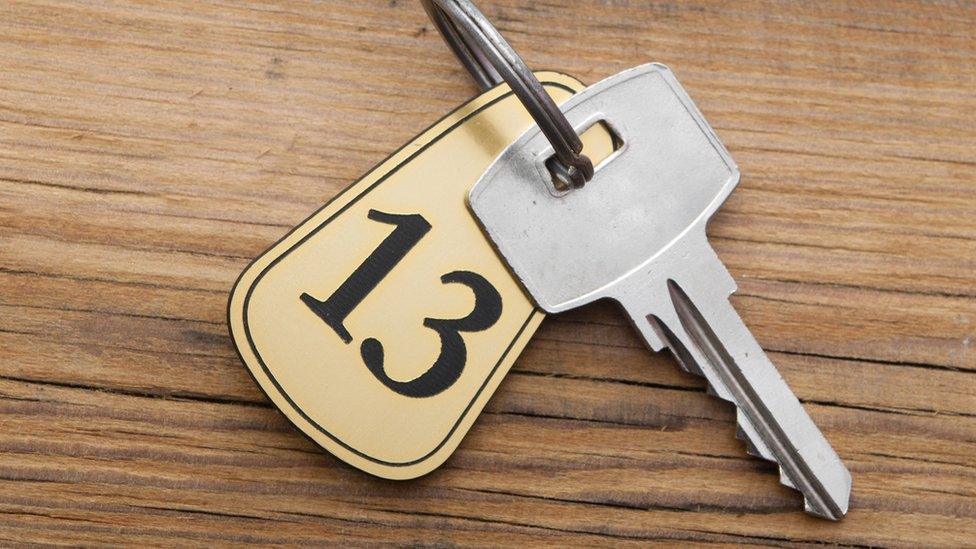
- Published13 January 2017
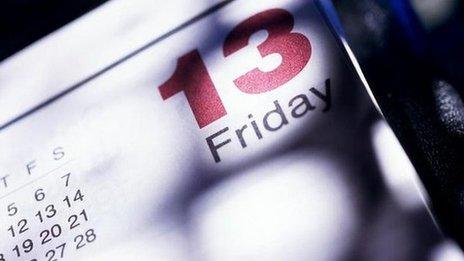
- Published13 February 2015
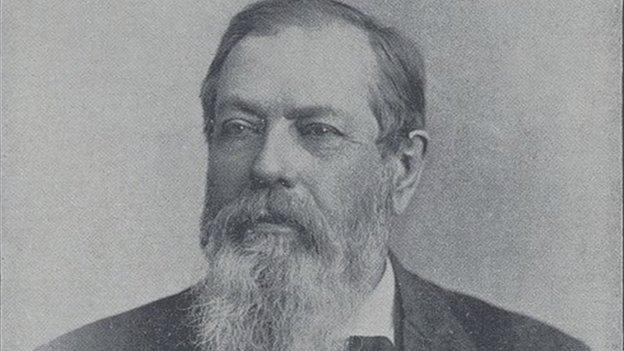
- Published17 October 2011
